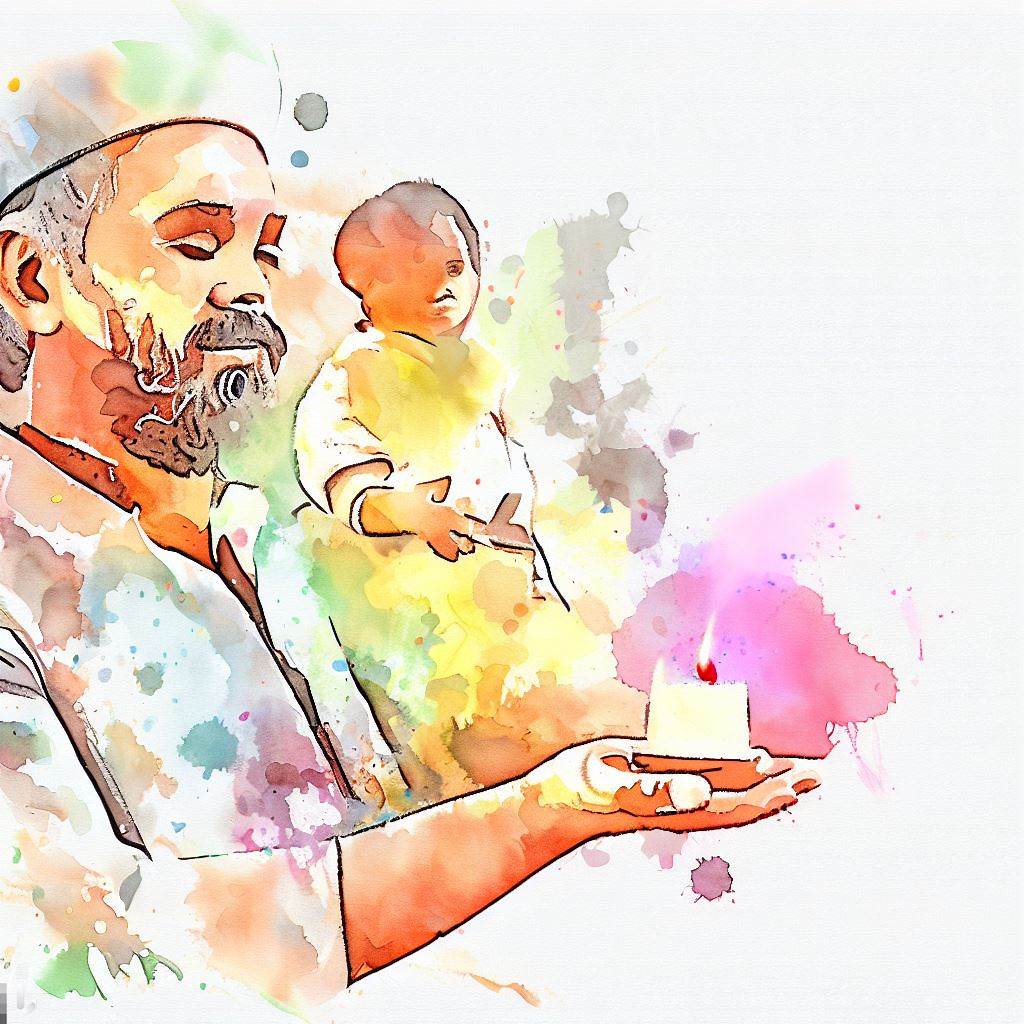

Father's Day: A Celebration of Love and Sacrifice
Ibrahim Amin
Father's Day is a special occasion to celebrate the fathers who have loved, supported, and guided us throughout our lives. But how did this holiday come to be? And what does it mean for us today?
The origin of Father's Day can be traced back to the early 20th century, when a woman named Sonora Smart Dodd wanted to honor her father, William Smart, a Civil War veteran who raised six children by himself after his wife died in childbirth. Sonora was inspired by Mother's Day, which was becoming a popular holiday at the time, and she thought that fathers deserved a similar recognition for their role in the family.
She approached local churches, businesses, and government officials in her hometown of Spokane, Washington, and proposed that June 19, her father's birthday, be designated as Father's Day. She received a positive response, and the first Father's Day was celebrated in Spokane on June 19, 1910. The idea soon spread to other states, and in 1916, President Woodrow Wilson sent a telegraph to Spokane to mark the occasion. In 1924, President Calvin Coolidge endorsed Father's Day as a national holiday, and in 1972, President Richard Nixon signed a law that officially made it the third Sunday of June.
Father's Day is not only a celebration of biological fathers, but also of any men who have acted as father figures in our lives, such as grandfathers, uncles, stepfathers, mentors, or teachers. It is a day to express our gratitude and appreciation for their contributions to our well-being, growth, and happiness. It is also a day to reflect on the qualities and values that make a good father, such as love, compassion, courage, responsibility, and faith.
One way to celebrate Father's Day is to spend quality time with our fathers or father figures, and show them how much we care. We can also give them gifts or cards that express our feelings and thoughts. Some people also observe the tradition of wearing a red rose if their father is alive, or a white rose if he has passed away. Another way to celebrate Father's Day is to honor the memory of our fathers or father figures who are no longer with us, by visiting their graves, praying for them, or sharing stories about them with others.
Father's Day is also a day to recognize the role of fathers in society and culture. Fathers have a significant impact on the development and well-being of their children, as well as on the stability and harmony of their families and communities. Fathers can also be positive role models for other men and boys, by demonstrating respect, integrity, and kindness. Furthermore, fathers can be agents of social change, by promoting justice, peace, and equality for all people.
Father's Day is more than just a date on the calendar. It is an opportunity to celebrate the gift of fatherhood, and to honor the fathers who have shaped our lives. It is also a reminder of the responsibility and privilege that comes with being a father or a father figure. As we celebrate Father's Day this year, let us remember these words from Pope Francis: "Every family needs a father—a father who shares in his family’s joy and pain...who helps his children grow...and who shows them the right path."
Additional reading:
